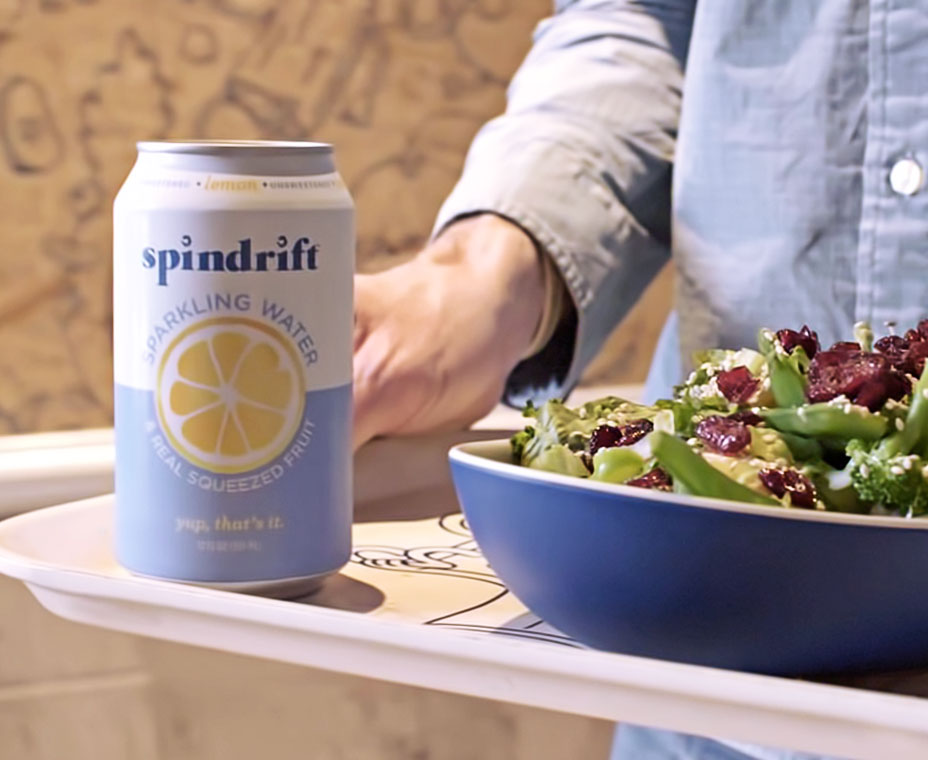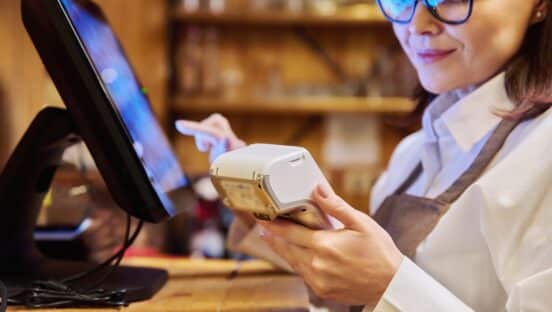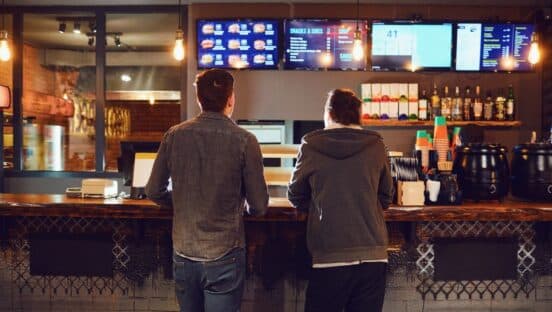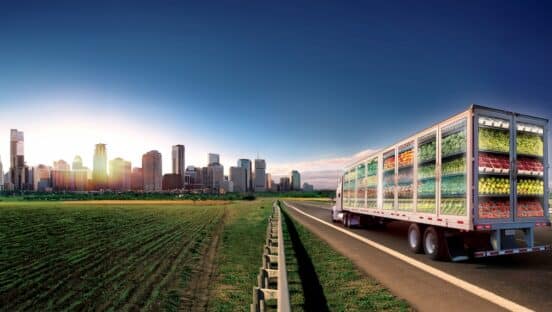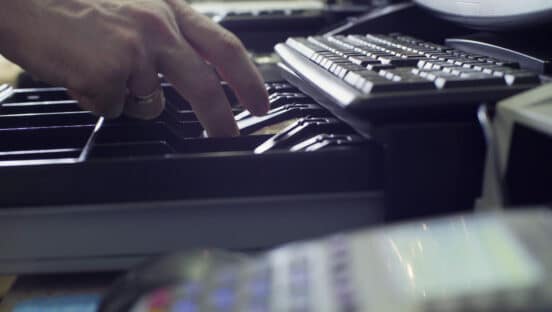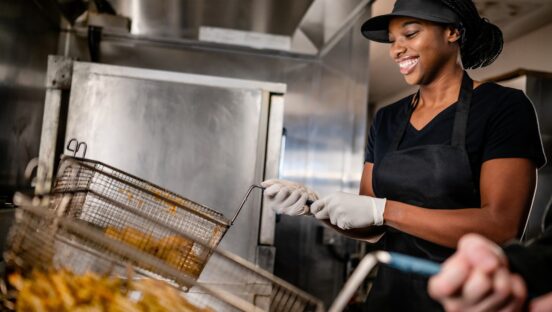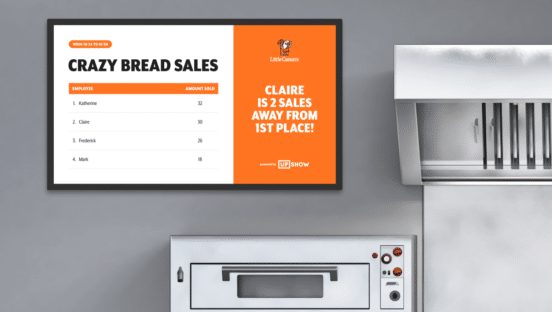Sponsored by Spindrift.
Fast-casual concepts are known for their painstaking attention to detail around ingredient quality and sourcing. Until now, however, many brands have stopped there, not extending these same health and freshness standards to beverage programs. Instead, concepts have traditionally offered sugary sodas and juices, is a seeming contradiction of the fast-casual model.
One reason, says Bill Creelman, founder and CEO of Spindrift, is that restaurants make decisions based on sales. Because consumers are buying fewer beverages at restaurants in favor of plain water, many brands have decided not to invest in wider varieties of beverage options.
But Creelman also says that just because consumers opt for water doesn’t mean they wouldn’t drink other beverages if other options that fit their dietary guidelines were available. Often, the choice to skip beverages is made because diners don’t want to drink sugary sodas or juices.
“Consumers are not necessarily finding what they are looking for in fast-casual restaurant beverage offerings,” he says. “You would never go to a healthier fast casual and accept artificial flavors or ingredients.”
For progressive restaurant concepts looking to capture additional beverage sales, sparkling water has been a sales driver. Its popularity has increased as more consumers look for a healthful alternative that offers the effervescence of soda, as well as sales for restaurants. Many consumers feel it offers a cleaner label, but depending on the brand, consumers may still be disappointed. While sparkling water often does not carry the stigma of soda, many diners have also skipped sparkling water because some brands contain sugar, aspartame, and other additives, often termed “natural flavors.” This generic labeling gives little confidence to consumers who want to know exactly what is in their beverages.
“People do not want sugary or diet beverages, so they move toward sparkling water instead of soda,” Creelman says. “But some restaurants think about beverage sets and say ‘I have a sparkling beverage that roughly satisfies my consumers,’ and they are ok with that level of detail, but why settle?”
This is why Creelman founded Spindrift, the first company to offer a line of sparkling waters that contain only carbonated water and real ingredients, such as fruit.
“We started in 2010 when restaurants began offering fresher ingredients with a provenance,” he says. “They could tell you the origin story of their foods, and yet the same concepts were offering traditional heavily sweetened sodas to serve alongside fresh food, so as a consumer and a lover of food, it didn’t make any sense.”
Spindrift grew out of consumer demand for truly natural, healthful beverages in the fast-casual space.
“We make our sparkling beverages with the same care that these restaurants use to make their food,” Creelman says. “In 2017, the concept of adding real ingredients is still very novel, but the difference is that restaurant concepts are beginning to demand that they get a beverage of equal quality.”
For Creelman, it is essential that beverages capture the interest of consumers while aligning well with the food, and in fast casual, that means offering beverages that are held to the same standards as the food.
“In the quick-service world, people aren’t just going to go back to sweetened beverages,” he says. “You have to offer something that’s interesting and different and fresh.”
By Peggy Carouthers

